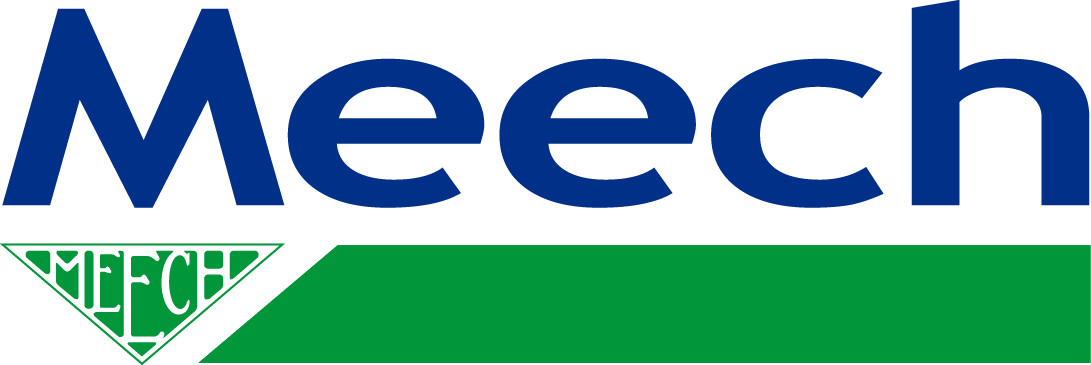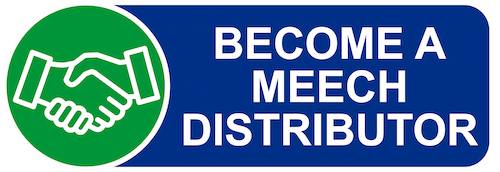This month as part of our ‘Engineered to Perfection’ series we feature Sara Farnoosh, Hardware Design Engineer. The aim of this series is to highlight the quality of Meech’s in-house team of engineers which ensures customers have the best quality and service when they buy a Meech product.
Our well-engineered solutions improve profitability, safety, productivity and quality in production processes through static management, a range of web cleaning technologies, and energy-efficient compressed air technology equipment.
Sara designs and validates the circuit boards that power Meech’s high-voltage static control systems. Her role goes far beyond just electronics: she also sources the components, ensures compatibility across global environments, and tests hardware before it goes into production.
As analytical as this process is, Sara sees problem-solving as a creative act. “I feel a kind of creativity, a connection with electronic circuit board design.”
Joining Meech almost two years ago makes Sara quite a newcomer, where long service and stability is another hallmark of the company. Meech’s approach to product development stood out to Sara from day one.
“Before joining Meech, I read that the company was founded 100 years ago. So, I thought, ‘Okay, they are doing something right.’ After working with the team, I saw first-hand how important product development and product improvements are. We don’t just assume things are correct – we test, validate, and repeat. We even think about what might be needed in ten years’ time and add those features today, and most importantly we are improving this approach day by day.”
Sara brings this long-term thinking into every design. “In this kind of work, you think about everything before others face it,” she explains. “How will the hardware work with the software? How can I make it easier to produce? What if it needs maintenance later – how can I reduce the risk now? You’re constantly thinking ahead to make a better product.”
After joining Meech, Sara introduced the use of next-generation simulation software to predict and resolve problems before they become real. “Imagine you think a circuit will work – you design it, spend money on components, build it, and test it – and it doesn’t work. You have to start over. Simulation gives us confidence in the concept before going through that whole process. It saves us time, money, and helps us build more reliable products.”
“The design process is closely tied to customer needs and international standards. In product design, especially in circuit design, I focus on meeting all requirements, such as user interaction, safety concerns, relevant standards and other factors that contribute to customer satisfaction.”
Inspired by her older brother, also an engineer, Sara began building her career in her home country of Iran, where she notes women were increasingly entering technical fields: “At university in Iran, we were eight women and 24 men in our class. The next year, it became half and half. It seems women are more interested in engineering – but job opportunities weren’t equal. Moving to the UK gave me more freedom to grow professionally.”
While English isn’t her first language, Sara’s technical fluency transcends borders.
“Electronics – especially the standards we use – are the same internationally. All electronic devices and regulations have the same definition anywhere. Technical conversations are easier for me than general ones, because we share that common language.”
Sara describes the experience of moving into a new field of work and her delight in learning more about static:
“When I joined Meech, I had a background in power and communication electronics – but electrostatics was a black box to me.
“Despite having studied electrostatics in university, working with it in real-world products was something completely different. When I tested electronics in the past, I could see and measure it easily. But at Meech, the measurement is more complicated than standard electronic testing. It was a strange experience”, she reflects.
“I never thought something so ‘unknown’ could be so essential. I was always focused on communication tech – TV broadcasting, mobile networks, internet. But now I see how electrostatics is present in, and can affect, so many industries. Whether a company is making jam jars, water bottles, or packaging computer chips – static is present and relevant.”
What made the learning curve manageable was the supportive culture she found at Meech. “If my colleagues hadn’t supported me, it would’ve been incredibly hard! Fortunately, both colleagues and managers were very generous with their time. That’s part of Meech’s culture, and I really like it.”
The ultimate benefit of Meech’s collaborative approach among its team of in-house engineers is the quality of its products. Well-engineered, tested and developed to the highest standards, customers can buy with confidence from Meech.
To learn more about the diverse applications of Meech’s solutions, visit: https://meech.com/applications/


